The Librarians Are Not Okay by Anne Helen Petersen was a timely piece of writing that helped me make sense of why I needed to leave what I’d thought would be my dream job and then compose my “Leaver’s Questionnaire”; I am grateful that she wrote this and I lifted a few quotes from it wholesale.
I hesitated to publish this as it felt unprofessional to criticise a former employer, but there comes a point when you have to pipe up. Something is rotten at the core of this college and the students are owed so much more. I apologise in advance if this causes problems for my valued colleagues who are still surviving this toxic work environment.
Background: I started as Assistant Librarian at Askham Bryan College in January 2019 on a job-share basis, reporting to the LRC Manager (Librarian). She left in February 2021; that job was not replaced but was changed to be Head of Digital Learning – one line in this job description read something like “manage the LRC”.
There follows, in full, the statement I submitted to HR on my last day at work there. I’ve changed the size of the very detailed profession stuff in order to emphasise the wider organisational culture (you can zoom if you want to read all of that).
Askham Bryan College questions in italics
My answers in this font
Think back to the time you started in your current role
What did you like most about your job and why?
It was exactly the job I trained for, a real mixture of library skills in one role. The LRC [Learning Resources Centre] team were great, we all communicated well. It was the best teamwork I have experienced in any organisation.
My skills were appreciated and I was able to develop more in the role. My manager supported my CPD and I was trusted to make decisions and my opinions were valued.
I was able to provide a professional service I could be proud of.
What did you like least about your job and why?
The absence of communication channels across the college. It took quite a long time to start making connections with curriculum staff, it was easier with HE as they are a smaller team but proved very difficult with FE. I had started to build some good connections with FE tutors and so deliver sessions to FE students, specifically research and referencing skills, to excellent effect (tutors fed back that the standard of assignments was significantly higher in those students who had attended). Then tutors left and then Covid hit so all that progress was lost.
I was also frustrated by the opacity of the management structure and total lack of any centrally-held information resource on staff, i.e. no intranet.
Have your duties changed since you took on the role? If so, how?
This is what I signed a contract to deliver and achieved to a high standard:
- Assisted in overseeing the day to day running of the LRC at York.
- Ensured the LRC space is used effectively and maintained an environment conducive to learning.
- Developed, promoted and maintained e-resources and e-learning provision across the College.
- Developed and delivered information and digital literacy skills sessions.
- Continued to develop effective relationships with curriculum staff.
- Assisted in the development of learning resources and services across the College.
- Assisted in the organisation of learning resources including cataloguing, classifying and re-classification.
- Visited and assisted in the development of the libraries at other centres.
- Helped advise staff and students on bibliographic citations and referencing.
- Helped advise staff and students on copyright issues, in accordance with the relevant guidelines.
- Assisted in projects relating to the development of the learning resources services.
- Assisted with the development of the skills of other members of the LRC team.
- Deputised for the Learning Resources Manager as and when required.
- Undertaken training and professional development relevant to the role.
- Provided basic support for students using IT.
This is what I have done over and above that:
- Been a key part of team on procurement of new LMS.
- Delivered online 1:1 tutorials and group sessions on Teams and in person for HE students.
- Created more online content on academic skills for students to access asynchronously, in collaboration with Academic Skills tutor.
- Received intensive training on new LMS whilst performing all of the above responsibilities – management sign-off on the procurement process has set this work back several months. Begun training desk staff on basic functions of new LMS.
- Continued to keep the LRC services running well through several lockdowns and reopening in an ongoing pandemic.
- Redesigned and relaunched the in-person student inductions successfully.
- Picked up many of LRC Manager’s tasks: subscriptions management; stock selection and book ordering; weeding collection; managing staff on site and remotely; procurement of LMS; training staff; licence negotiations for digital resources; attending student council meetings and representing the LRC; managing the college’s Copyright Licencing Agency relationship; liaising with MIS and Finance departments; closing Newton Rigg LRC and reallocating all stock; ensuring all NR archive material was disposed of in accordance with archival standards in line with regulations on local government archives; been on an interview panel for a new role; managing demotivated desk staff with low morale and maintaining a positive working environment in very difficult circumstances.
Not assigned these tasks as nobody else in the organisation understands what managing a library involves but needed to be picked up.
I have been able to successfully carry out these responsibilities as I have a professional qualification which includes management training, however they fall outside my job description and pay grade. Whilst I was happy to continue with the Collection Development work, not least as this was an objective on my last appraisal, the rest fell outside of my role and this was not acknowledged or addressed.
No acknowledgement or recognition for having done this since February 2021.
The clumsy attempt to restructure the LRC by completely changing the manager’s job description has had a devastating effect on the team. My job share partner and I are 1.1 FTE and we have absorbed responsibilities that were previously the work of 1.8 other FTEs, if not more as 0.8 of that was managerial work. The Head of Digital Learning’s role at 1 FTE incorporates 0.8 FTE of the LRC Manager but represents just 1 line of that job description. Funnily enough it all started to fall apart when no one was directly managing the LRC.
What suggestions do you have that would improve a) your job role, b) career development and/or c) physical working conditions?
I think this job role and whoever next steps into it should be respected as being worthy of job description they are actually capable of fulfilling. The Head of Digital Learning and LRC Assistant job descriptions that were recently created are ludicrous, especially the latter as a minimum wage job. They will have put a lot of people off as the workload and experience expectations are disproportionate to the level of responsibility, remuneration and what one person can achieve and not reach burnout very quickly.
What suggestions do you have that could improve communication between departments and/or different sites?
An intranet.
What have you found difficult or frustrating during your time with the College? What areas could be improve upon and how?
See all my other answers.
I have worked in much larger organisations but which had a transparent structure and excellent communications. Senior managers were visible, approachable and I understood what they did. This was especially true of the British Library, a huge, national, split-site institution. When I first joined the BL, I was bewildered at the size and scope of the structure but they successfully juggled all those challenges and I was proud to work for them.
Senior management here seem to exist for the sole purpose of employing each other and promoting each other.
The Askham Bryan College senior management team exist in a bubble as a circle-jerk of self-congratulatory, self-aggrandising, career-building people who have no business taking tax-payers’ money to educate the next generation. They show no empathy or understanding of staff who come to work because we care, we have passion for what we do and as such are ripe for their exploitation. They show no leadership qualities, the few members they had that did have now been made redundant (N.B. it isn’t voluntary redundancy is your only choice is to go for a lower grade and paid role, that’s just plain old redundancy). Leadership in a manager means having real and enduring empathy for and identification with the people you manage, not with the people who manage you. Practically not a day goes by when they don’t show themselves up as hypocrites; every single point in the ABC DNA Appraisal Guide “We Do Not…” column is demonstrated regularly: blaming others, fire-fighting constantly, keep changing your mind, forget to tell them when we have (e.g. adding Science to the team and then not telling those staff), ignoring people telling them things aren’t working….I could go on and on. If it weren’t a serious breach of trust and failure of duty, it would be hilarious.
I note with great bitterness how when they are acting up in a role they are given discretionary remuneration. More fool me for acting up because the job needed doing then having the temerity to ask for recognition in retrospect.
I have never known a more invisible senior management team and with such poor communication. My interim manager showed me and my job-share partner no professional respect whatsoever, came in to the job and immediately started telling us what to do. He never asked us what we did, failed to respond to repeated offers of an LRC induction and after several months in post had the sheer, bare-faced brass neck to ask me what the difference was in my role (with a requirement of a professional, level 7 qualification) and that of the LRC assistants (requirement of level 2 education). This confirmed my suspicions of the depth of the ignorance of senior management to what we actually do.
What is your opinion of the career development opportunities within the College? Please provide any suggestions for improvement.
They are very, very poor. Provide a budget, provide opportunities not barriers. Value your staff.
How do you feel about your work-life balance whilst working for the College?
Even though I work part time, I have suffered poor mental health as a direct result of my job. Being patronised, not trusted to be able to do my job, having clueless people make key decisions that affect the LRC, the students and the staff has been professionally insulting and personally demoralising. Both my job share partner and I have put in far too many after-hours sessions just to keep the place going because absolutely nobody above us has any idea what we actually do so fail to appreciate the stupidity of the requests and demands they put on us.
What suggestions do you have as to how work-life balance within the College could be improved?
Recognise the mass demoralisation and burnout, that would be a start.
Why are you leaving the College?
I am heart-broken to be leaving the students and our team; whilst my manager is good and we have good working relationship, she is not a librarian and does not have the capacity to take on the responsibilities that are left dangling. The fault there lies with whoever made the job description up and the result is the exodus of good staff in the LRC you now see. Notice should be taken of these points when looking at my ratings of my manager; she cannot give me detailed instructions and feedback as it’s not in her JD or skillset to be able to do so and that is not her fault.
Good people are taken for granted and their good will and passion for education are exploited mercilessly. Random projects are taken on to chase the funding then ABC fails to uphold their end of the bargain (BioYorkshire for instance, not exactly pulling their weight on this project but happy to pocket the money).

 Carrying a bottle of Special Edition TdY Henderson’s Relish doesn’t count as high vis, but it’s an extremely good start. [photo credit
Carrying a bottle of Special Edition TdY Henderson’s Relish doesn’t count as high vis, but it’s an extremely good start. [photo credit 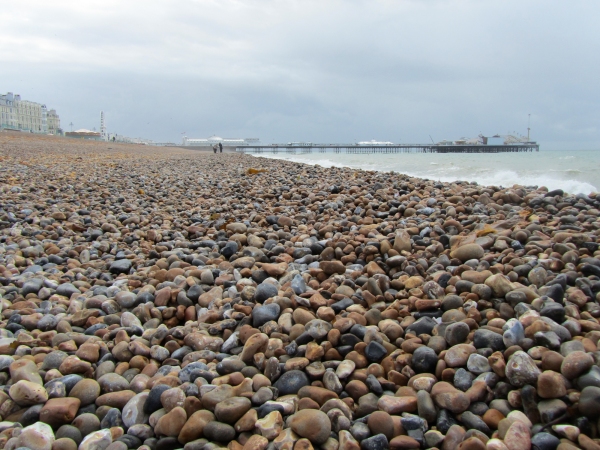
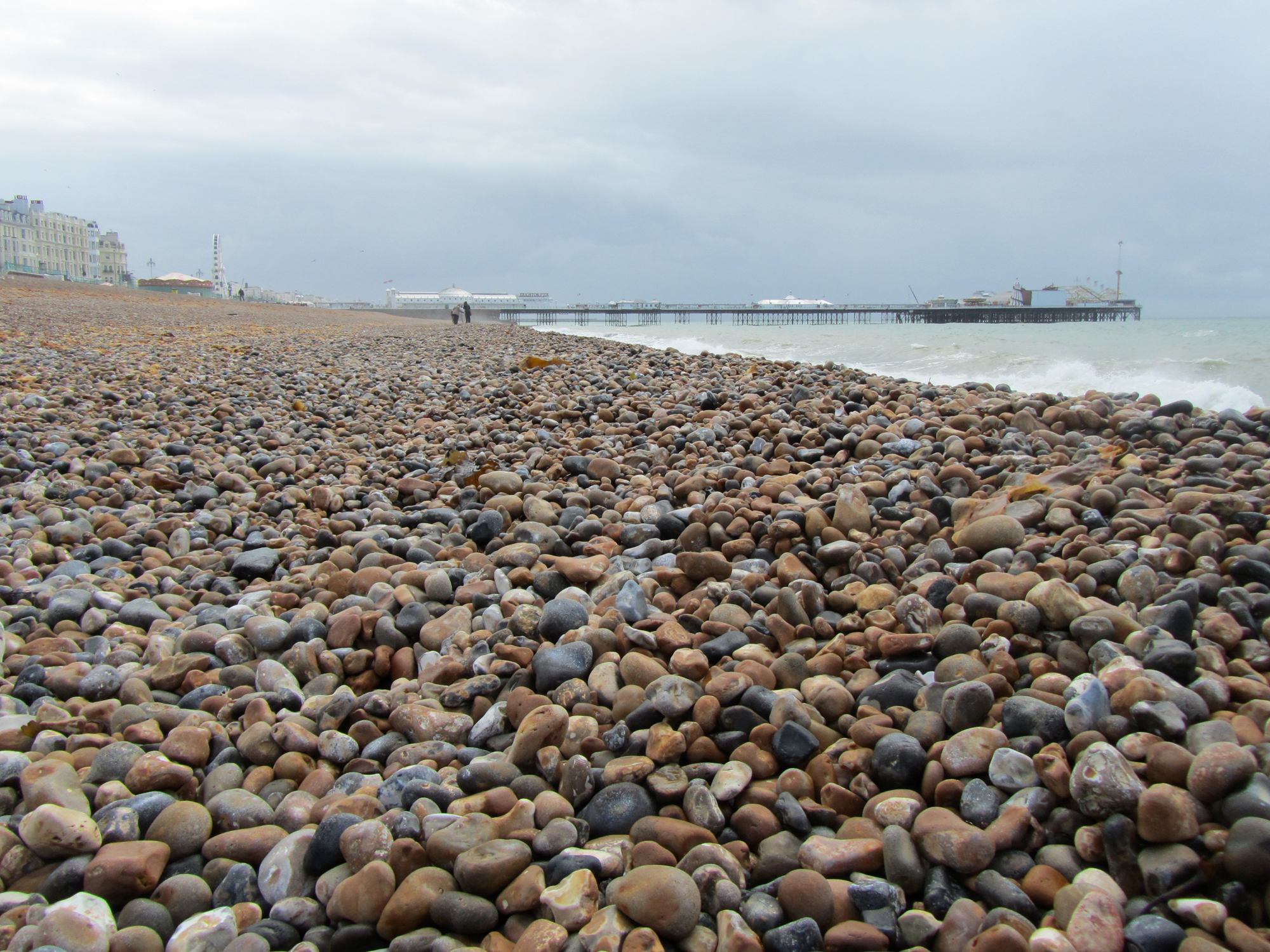
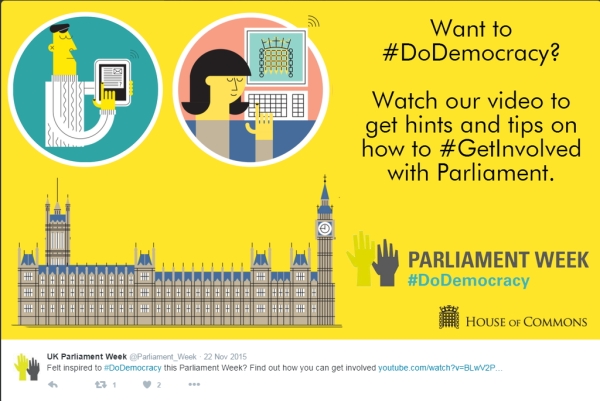

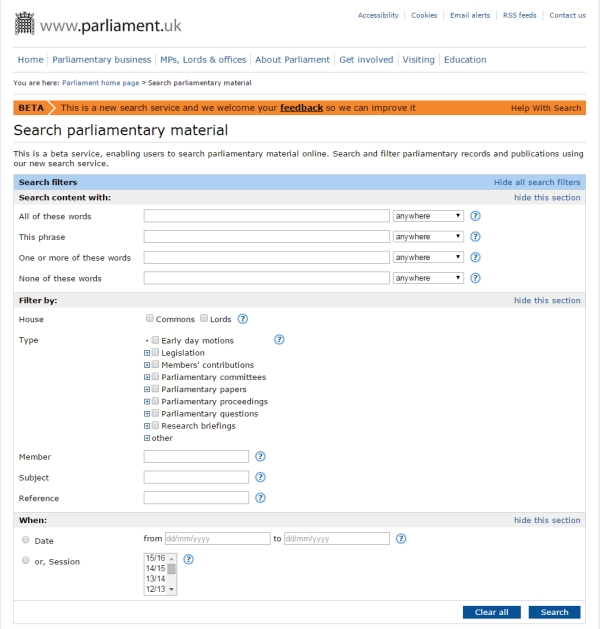



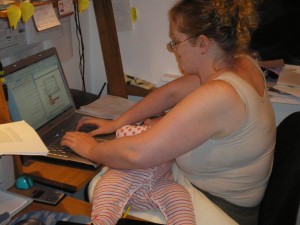
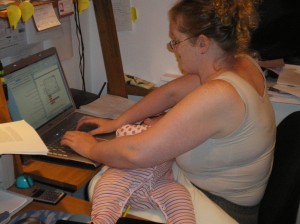
You must be logged in to post a comment.